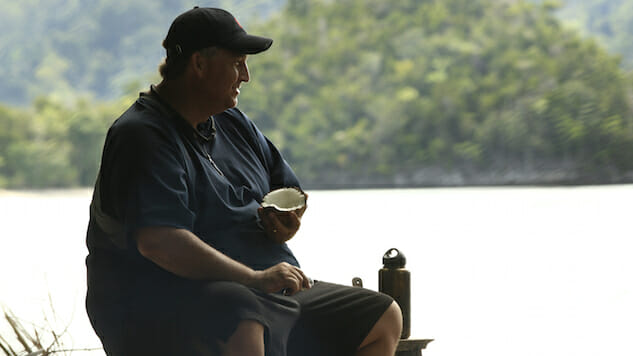ABC’s Ambitious Castaways Strips Down Survivor, with Mixed Results
Photo: Tenspeed TV
How do you compete with Survivor or The Amazing Race or any of the hundreds of other reality shows where regular people are placed in situations of extreme hardship? You scale down. Castaways takes a well-worn premise and strips it of many of the overproduced trappings of its genre, resulting in a scattered but effective premiere (I only got to watch the first episode) that left me wanting more rather than way, way less. That’s a rarity in reality TV, where going big and brash is often the strategy to sell survival (see, for example, Naked and Afraid). Castaways offers a similar premise with a tad more maturity and an appeal to pathos.
Abandoned on a series of Indonesian islands, stuck with someone else’s bag and the promise of rescue sometime in the indeterminate future: It’s the kind of disaster that movies tell us encourage personal growth after a few dramatic acts of trauma. Here, Tom Hanks and his volleyball are replaced by a dozen folks whose only hope for companionship is each other. And everyone’s got a story. The twelve castaways range in age from 20 to 62, and in occupation from supermom to retired Green Beret. The series premiere focuses on Robbie, a 400-pound football coach, and Kenzi, a country music hopeful.
-

-

-

-

-

-

-

-

-

-

-

-

-

-

-

-

-

-

-

-

-

-

-

-

-

-

-

-

-

-

-

-

-

-

-

-

-

-

-

-








































